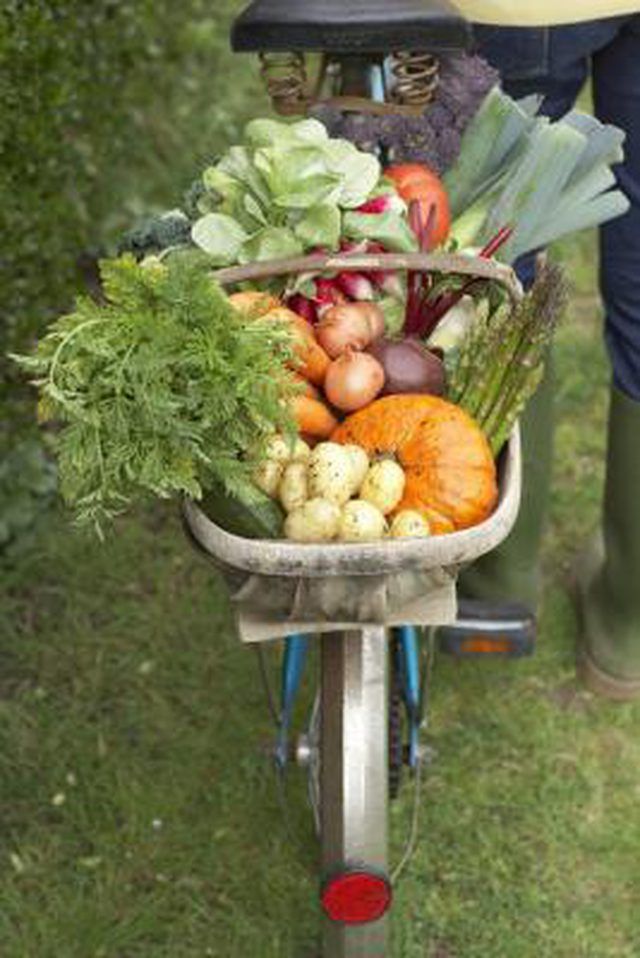Bulbs
Flower Basics
Flower Beds & Specialty Gardens
Flower Garden
Garden Furniture
Garden Gnomes
Garden Seeds
Garden Sheds
Garden Statues
Garden Tools & Supplies
Gardening Basics
Green & Organic
Groundcovers & Vines
Growing Annuals
Growing Basil
Growing Beans
Growing Berries
Growing Blueberries
Growing Cactus
Growing Corn
Growing Cotton
Growing Edibles
Growing Flowers
Growing Garlic
Growing Grapes
Growing Grass
Growing Herbs
Growing Jasmine
Growing Mint
Growing Mushrooms
Orchids
Growing Peanuts
Growing Perennials
Growing Plants
Growing Rosemary
Growing Roses
Growing Strawberries
Growing Sunflowers
Growing Thyme
Growing Tomatoes
Growing Tulips
Growing Vegetables
Herb Basics
Herb Garden
Indoor Growing
Landscaping Basics
Landscaping Patios
Landscaping Plants
Landscaping Shrubs
Landscaping Trees
Landscaping Walks & Pathways
Lawn Basics
Lawn Maintenance
Lawn Mowers
Lawn Ornaments
Lawn Planting
Lawn Tools
Outdoor Growing
Overall Landscape Planning
Pests, Weeds & Problems
Plant Basics
Rock Garden
Rose Garden
Shrubs
Soil
Specialty Gardens
Trees
Vegetable Garden
Yard Maintenance
How to Improve the Flavor of Garden Vegetables
How to Improve the Flavor of Garden Vegetables. Garden-fresh vegetables are one of the true delights of the summer and fall seasons -- but there's no point in growing a vegetable garden if you can't enjoy the vegetables you harvest. Sometimes certain crops have a bad year and there's little you can do to salvage them, but for the most part, there...

Garden-fresh vegetables are one of the true delights of the summer and fall seasons -- but there's no point in growing a vegetable garden if you can't enjoy the vegetables you harvest. Sometimes certain crops have a bad year and there's little you can do to salvage them, but for the most part, there are steps you can take to ensure flavorful vegetables. In fact, each step in the gardening process, from choosing plants to harvesting them, has an impact on flavor.
Things You'll Need
Heirloom plants and seeds
Organic matter or compost
Insecticide (optional)
Choose heirloom vegetable plants and seeds for your garden rather than hybrids. Select varieties that are known to have the tastes you prefer. because they'll likely grow true-to-type and offer better flavor, according to the University of Kentucky Cooperative Extension.
Amend your soil with compost or organic matter to improve its fertility, recommends Rutgers, as fertile soil yields better-tasting plants. Fertilize regularly with a balanced, vegetable-safe fertilizer to maintain soil quality.
Water your vegetable garden regularly, especially if it doesn't rain often in your area. Keep the soil evenly moist, as some plants, such as cucumbers and squash, develop a bitter taste when not adequately watered.
Practice companion planting, or the art of placing certain plants next to each other for mutual benefit. Try planting summer savory next to beans to improve flavor, or chervil next to radishes, recommends the NDSU Master Gardeners.
Know when each of your plants should be harvested for best flavor. Check your plants daily to see what needs harvested, as overripened vegetables can lose their flavor, turn bitter or even begin to rot.
Tips & Warnings
Keep your garden plants healthy to ensure the strongest, tastiest vegetables. Follow the guidelines of each plant for the type of water, sun, soil and nutrients it needs. Monitor insect infestations, and treat with insecticides as needed. Protect plants from frost in the spring and fall. Avoid choosing plants that aren't suited to your U.S. Department of Agriculture plant hardiness zone.